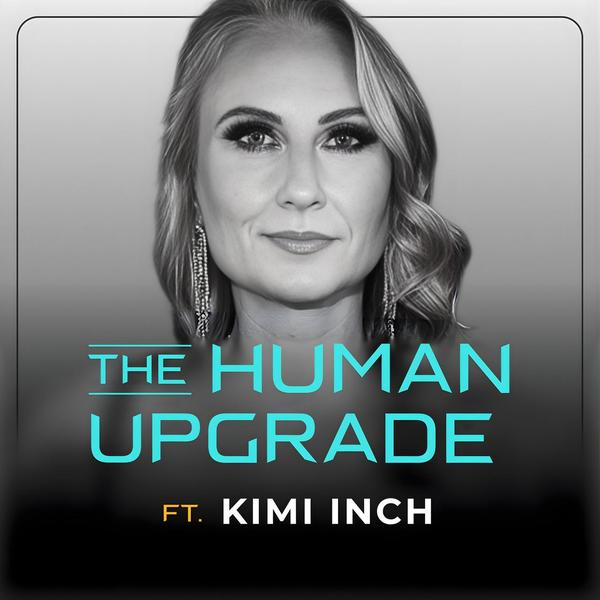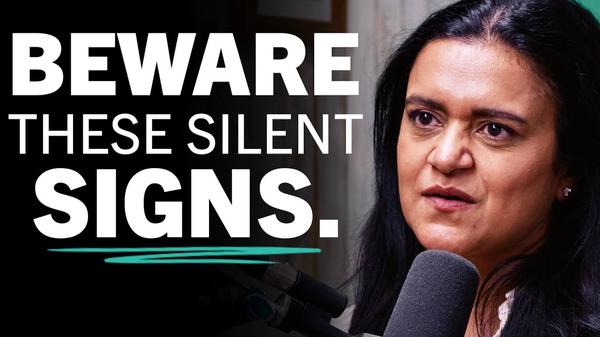What the dying can teach us about living well: lessons on life and reflections on mortality | BJ Miller, M.D. and Bridget Sumser, L.C.S.W.
Peter Attia
Jun 23, 2025
Mindsip insights from this episode:
Distinguish pain from suffering to manage experiences effectively
Pain is a physiological sensation that can be managed, whereas suffering is a threat to your identity, and you can experience one without the other.
Live consciously to shape your end-of-life experience
The way you die is not a separate event but a continuation of how you lived, as you will default to the same coping mechanisms and relational patterns you've practiced your whole life.
Allow solitude for peaceful passing
It's a common observation among hospice workers that many people seem to need a moment of solitude to finally let go, often dying just after a loved one has stepped out of the room.
Honor expressions in delirium before medicating
A physician's unique perspective is to not always rush to medicate delirium, as there may be something vital or important the person is trying to express.
Understand home hospice costs to prepare for caregiving expenses
The US home hospice benefit does not cover the cost of 24/7 caregiving, forcing families to pay out-of-pocket for what can be an enormous expense.
Respect natural signals of a dying body to prevent harm
A dying body naturally stops sending hunger and thirst signals to protect itself, and forcing food or fluids can cause pain and harm.
Frame wishes positively to enhance life satisfaction
Instead of creating an advanced directive focused on treatments you don't want, it's more helpful to define the minimum requirements you need to still find delight in life.
Choose to refuse unnecessary medical interventions for peaceful dying
To die peacefully in the US, you often have to actively refuse the medical system's default mode, which is to do everything possible to maintain a pulse, even if it's not a life.
More from
Peter Attia
AMA #78: Longevity interventions, exercise, diagnostic screening, and managing high apoB, hypertension, metabolic health, and more
Ketogenic diet, ketosis & hyperbaric oxygen: metabolic therapies for weight loss, cognition, Alzheimer's & more | Dom D'Agostino, Ph.D.
The evolutionary biology of testosterone: how it shapes male development and sex-based behavioral differences, | Carole Hooven, Ph.D.
The impact of gratitude, serving others, embracing mortality, and living intentionally | Walter Green (#288 rebroadcast)
Thyroid function and hypothyroidism: why current diagnosis and treatment fall short for many, and how new approaches are transforming care | Antonio Bianco, M.D., Ph.D.
You also might be interested in
The Hidden Damage That Happens "Behind-The-Scenes" In The Adult Entertainment Industry, With Former Adult Actress Felicity Feline
How to Set & Achieve Goals | Huberman Lab Essentials
The Science of Erotic Altered States | Biohacking Sex
Neuroscientist: If You’re Feeling THIS, You’ve Lost Touch With Your True Self
Neuroscientist: If You Feel THIS, You're Living the Wrong Life (Unlock The One You're Meant For)









